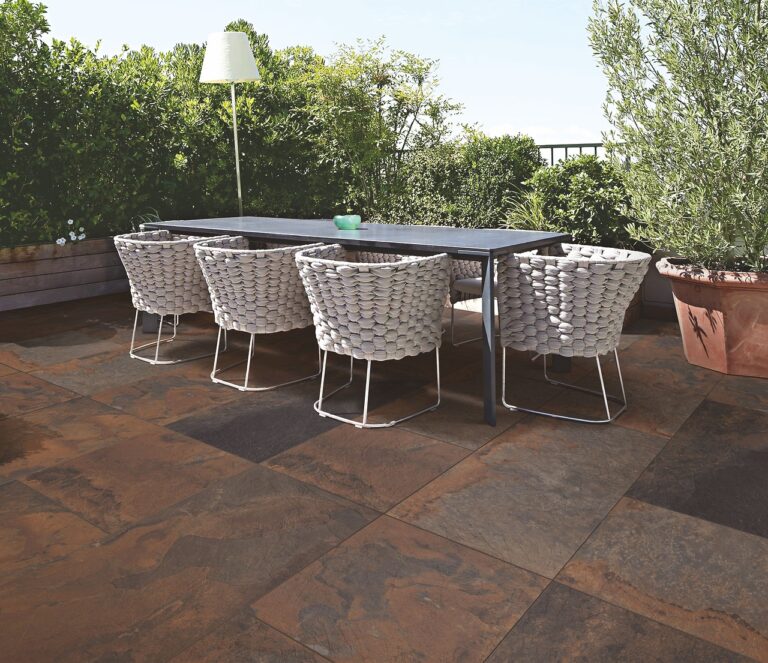The Role of Home Improvement in Real Estate Portfolio Diversification
Investing in home improvement projects can offer real estate investors a unique opportunity to diversify their portfolio. By enhancing the value and appeal of properties through renovations, investors can mitigate risks associated with market fluctuations and potential vacancies. This diversification strategy allows investors to spread their investments across different types of properties, ensuring a more stable and resilient portfolio.
Moreover, the act of investing in home improvement projects can also lead to increased rental income potential. Renovated properties typically command higher rental rates and attract a broader range of tenants. By consistently upgrading and maintaining properties, investors can maximize their rental income streams and boost the overall profitability of their real estate portfolio.
Understanding the Relationship Between Home Improvement and Property Value
Home improvement projects play a crucial role in enhancing the overall value of a property. When homeowners invest in renovations, updates, and maintenance, they often see a significant increase in the value of their home. This is because prospective buyers are willing to pay more for a property that is well-maintained and aesthetically appealing. Additionally, properties that have undergone renovations tend to attract more interest from potential buyers, leading to a higher selling price.
In the real estate market, property value is closely tied to the condition and features of a home. By undertaking home improvement projects such as kitchen remodels, bathroom renovations, or landscaping updates, homeowners can increase the market value of their property. These improvements not only make the property more attractive to potential buyers but also contribute to the overall appreciation of the neighborhood. As a result, investing in home improvement projects can be a smart strategy for homeowners looking to maximize the value of their property.
How Home Improvement Projects Can Increase Rental Income
One key way to enhance rental income through home improvement projects is by updating the kitchen and bathrooms. These areas are often top priorities for prospective tenants, and modernizing them can not only attract higher-paying renters but also increase the overall property value. By investing in new appliances, fixtures, and finishes, landlords can justify higher rental rates while providing a more attractive living space for tenants.
Another effective strategy to boost rental income is by improving the property’s energy efficiency. Adding insulation, upgrading windows, and installing energy-efficient appliances can lower utility costs for tenants, making the property more desirable. Not only does this make the rental more appealing to environmentally conscious tenants, but it also allows landlords to potentially increase rent prices to reflect the added value of reduced energy expenses.
– Updating the kitchen and bathrooms can attract higher-paying renters
– Modernizing appliances, fixtures, and finishes can increase property value
– Improving energy efficiency with insulation, windows, and appliances can lower utility costs for tenants
– Energy-efficient upgrades make the rental more appealing to environmentally conscious tenants
– Landlords may be able to increase rent prices to reflect reduced energy expenses
How can investing in home improvement projects benefit my real estate portfolio?
Investing in home improvement projects can help diversify your real estate portfolio, attract higher quality tenants, increase property value, and ultimately increase rental income.
What is the relationship between home improvement and property value?
Home improvement projects such as kitchen renovations, bathroom upgrades, and landscaping can increase the overall value of your property, allowing you to charge higher rent and attract more desirable tenants.
Can home improvement projects really increase rental income?
Yes, home improvement projects can increase rental income by making your property more attractive to tenants, allowing you to charge higher rent prices, and increasing the overall value of your rental property.







